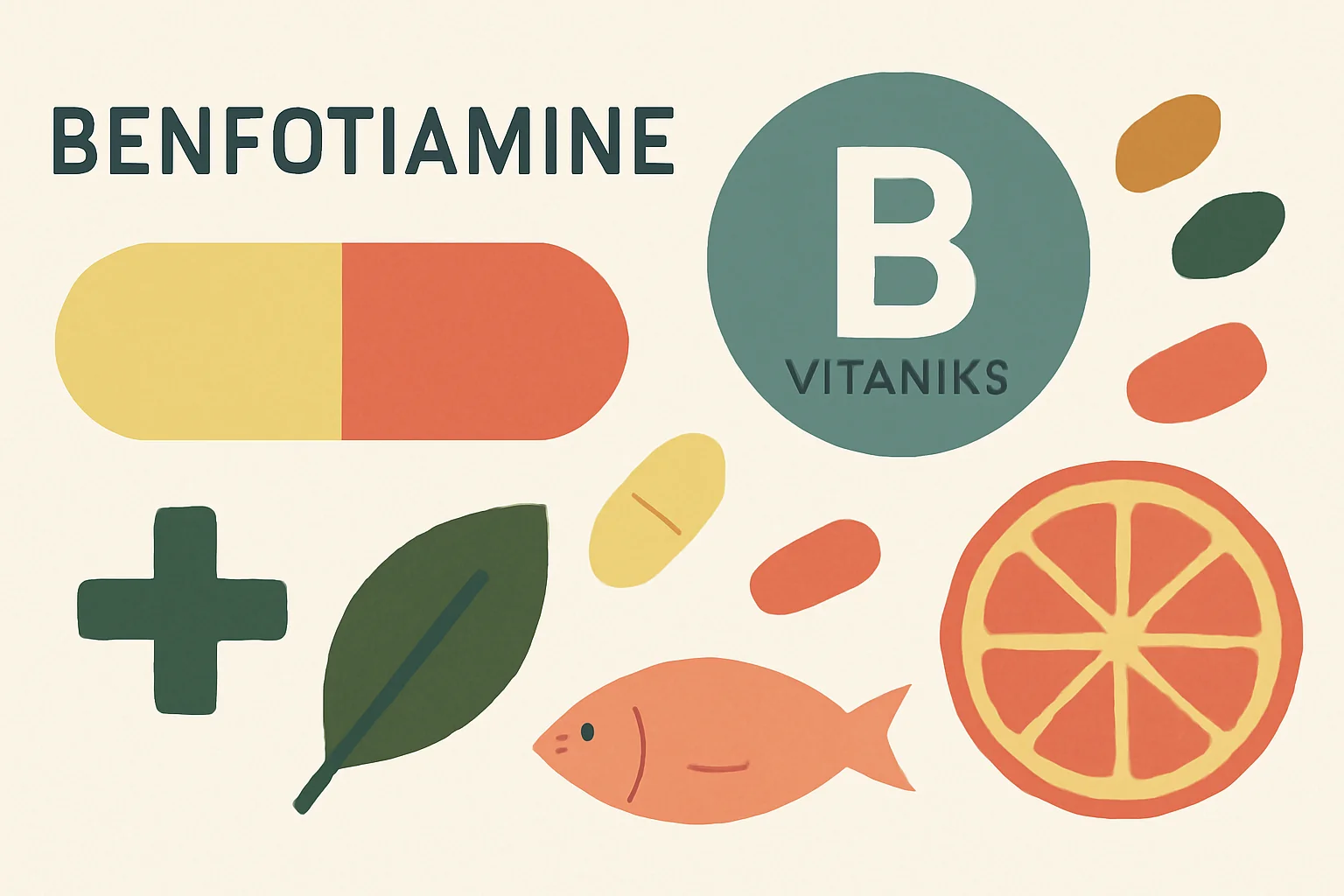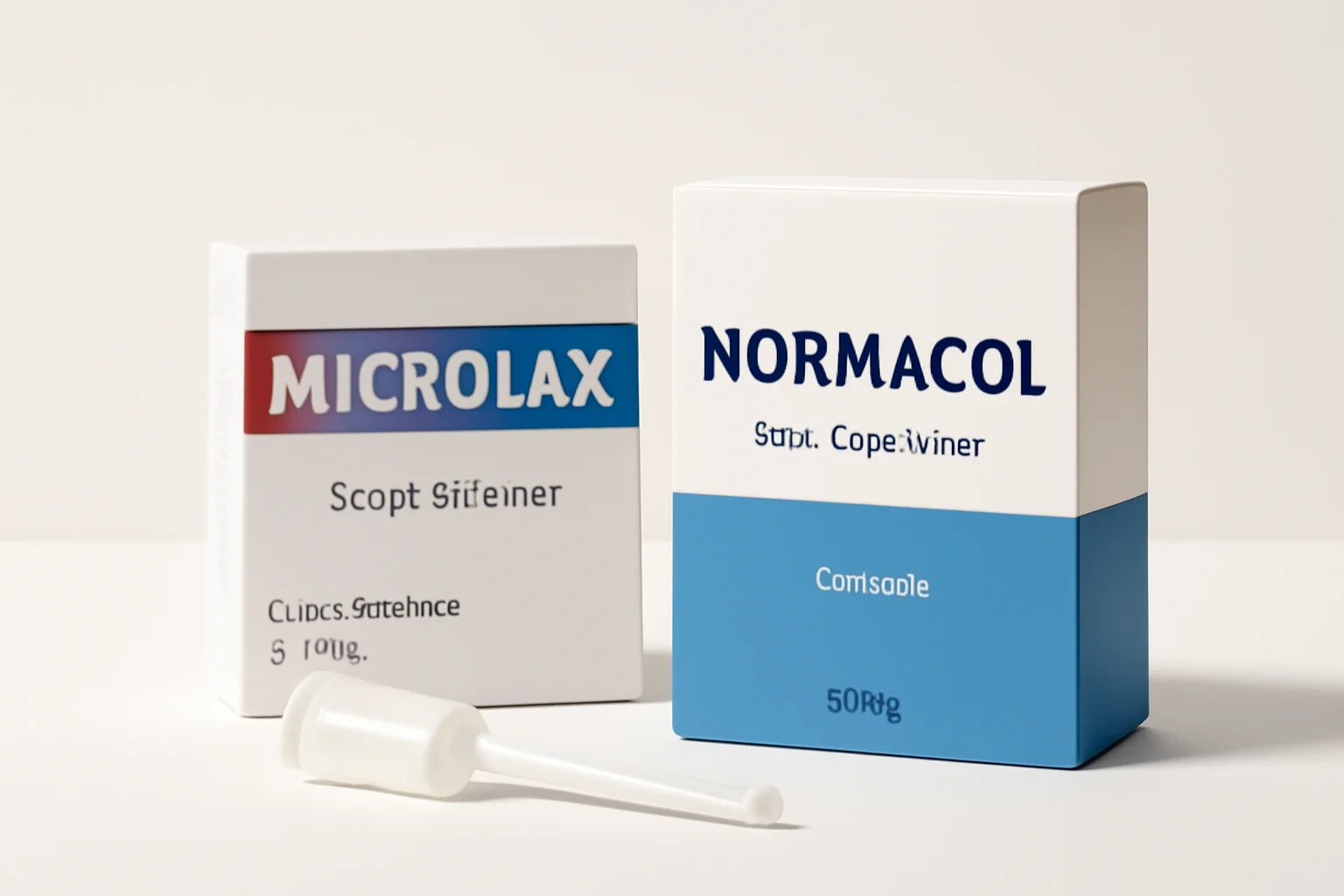
The role of benfogamma and B vitamins in health preservation
The benfotiamine, also known as B-vitamin, occupies a special place in nutrition science and health preservation. The group of B-vitamins contains several important nutrients that are essential for the proper functioning of the body. Benfotiamine, as a representative of the B-vitamins, plays a significant role in cellular metabolism, blood formation, and the maintenance of neurochemical functions.
B-vitamins are water-soluble vitamins, which means that excess amounts are excreted from the body through urine. Therefore, it is important to replenish them regularly, especially if our diet does not include sufficient amounts of vitamin-rich foods. Benfotiamine is particularly recommended for those leading a stressful lifestyle, as it contributes to stress management and mood stabilization.
In today’s modern nutrition, many struggle with vitamin deficiency, which can lead to various health complaints. For this reason, the role of B-vitamins, including benfotiamine, is receiving increasing attention. Below, we will examine in more detail the beneficial effects, sources, and consequences of deficiency of benfotiamine.
Importance of B-vitamins for the Body
B-vitamins, including benfotiamine, have numerous important functions in the body. These vitamins are involved in energy production, fat and carbohydrate metabolism, as well as cell regeneration. Benfotiamine is particularly important for the breakdown of carbohydrates, as it aids in the utilization of glucose, thus contributing to maintaining proper energy levels.
Additionally, B-vitamins assist in the formation of red blood cells, which is essential for adequate oxygen transport in the body. A deficiency of benfotiamine can lead to anemia, with symptoms including fatigue, weakness, and difficulties in concentration.
The role of B-vitamins is also prominent in mental health. Benfotiamine has particularly beneficial effects on mood, as it is involved in the synthesis of neurotransmitters such as serotonin and dopamine. These substances influence our emotional state, so adequate intake of B-vitamins can help in the management of anxiety and depression.
B-vitamins, especially benfotiamine, also play an important role in skin health. They aid in skin regeneration, reduce inflammation, and contribute to skin hydration. A deficiency of benfotiamine can lead to skin problems such as dryness, flaking, and irritation.
Sources of Benfotiamine
Natural sources of benfotiamine include various foods rich in B-vitamins. Meats, particularly red meats, liver, as well as poultry and fish, are excellent sources of benfotiamine. Dairy products such as yogurt and cheese also contain significant amounts of B-vitamins.
For those following a plant-based diet, there are also reputable sources. Whole grains like brown rice, quinoa, and oatmeal are rich in B-vitamins. Legumes, such as lentils and chickpeas, are also important nutrient sources. Leafy green vegetables, such as spinach and cabbage, also contribute to B-vitamin intake.
Among fruits, bananas and avocados contain significant amounts of benfotiamine. Nuts and seeds are also considered good sources, as they provide not only B-vitamins but also healthy fats and minerals.
It is important to note that B-vitamins are heat-sensitive, so some nutrients may be lost during cooking. Steaming, boiling, or consuming foods raw can help preserve the vitamin content in foods.
Consequences of Benfotiamine Deficiency
A deficiency of benfotiamine can lead to various health problems that seriously affect quality of life. One of the most common consequences is fatigue and weakness, as the lack of the vitamin reduces the body’s energy levels. People often feel exhausted, making it difficult to perform daily activities.
Another common consequence of B-vitamin deficiency is anemia, which in severe cases can lead to cardiovascular problems. Symptoms of anemia include shortness of breath, dizziness, and pale skin. B-vitamins, including benfotiamine, are important for the formation of red blood cells, so their deficiency can cause serious health issues.
Additionally, mental problems may arise due to a lack of benfotiamine. Depression, anxiety, and mood swings may occur more frequently, as the vitamin is involved in the synthesis of neurotransmitters that affect our emotional state.
Skin problems may also indicate a deficiency of benfotiamine. Dry, irritated skin, as well as the development of acne and other skin issues, can be signs of vitamin deficiency.
Supplementing Benfotiamine
Supplementing benfotiamine may be particularly important for those who do not consume sufficient amounts of vitamin-rich foods. A wide range of dietary supplements is available and can help in addressing deficiency states. However, taking supplements in the form of pills does not replace a varied and balanced diet.
Another way to supplement benfotiamine is through the regular consumption of vitamin-rich foods. Changing dietary habits, such as incorporating meats, legumes, vegetables, and whole grains into the diet, can contribute to increasing vitamin intake.
It is important to consult with a doctor before starting any dietary supplements, as excessive vitamin intake can also cause side effects. A healthy lifestyle, which includes proper nutrition, regular exercise, and stress management, also contributes to maintaining optimal levels of benfotiamine.
This article does not constitute medical advice, and it is recommended to seek a doctor’s guidance in case of health issues.

